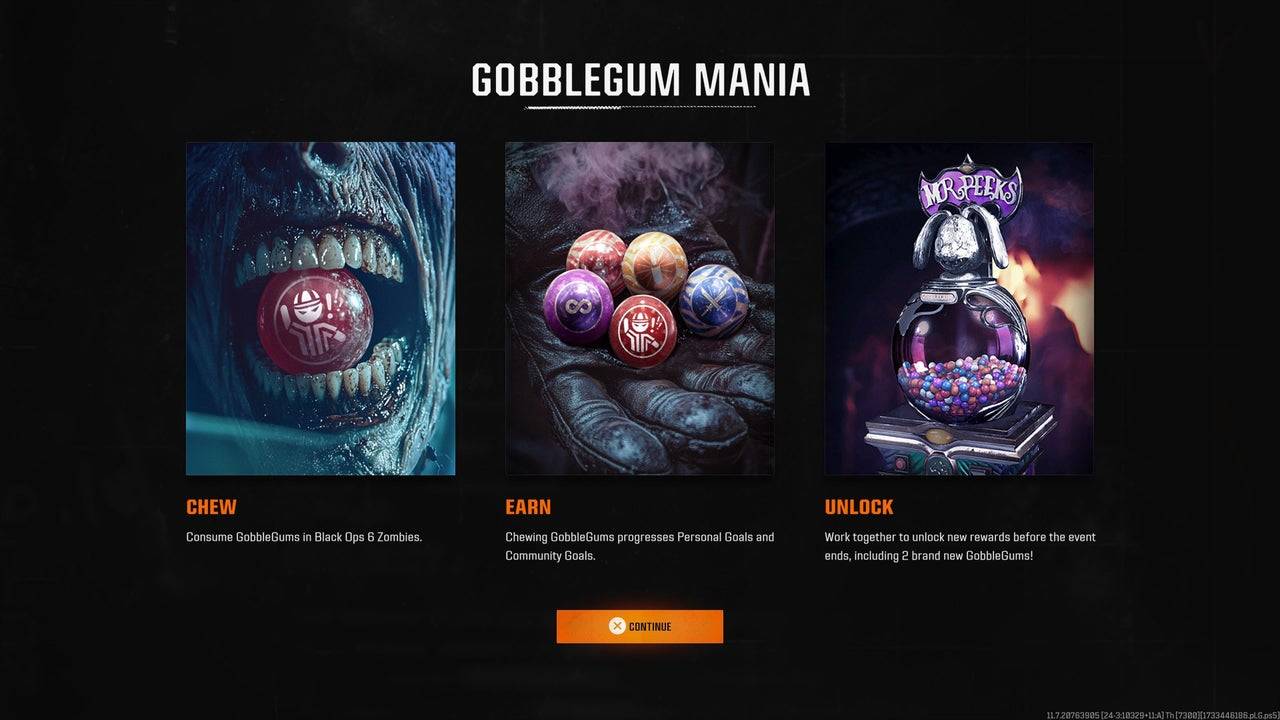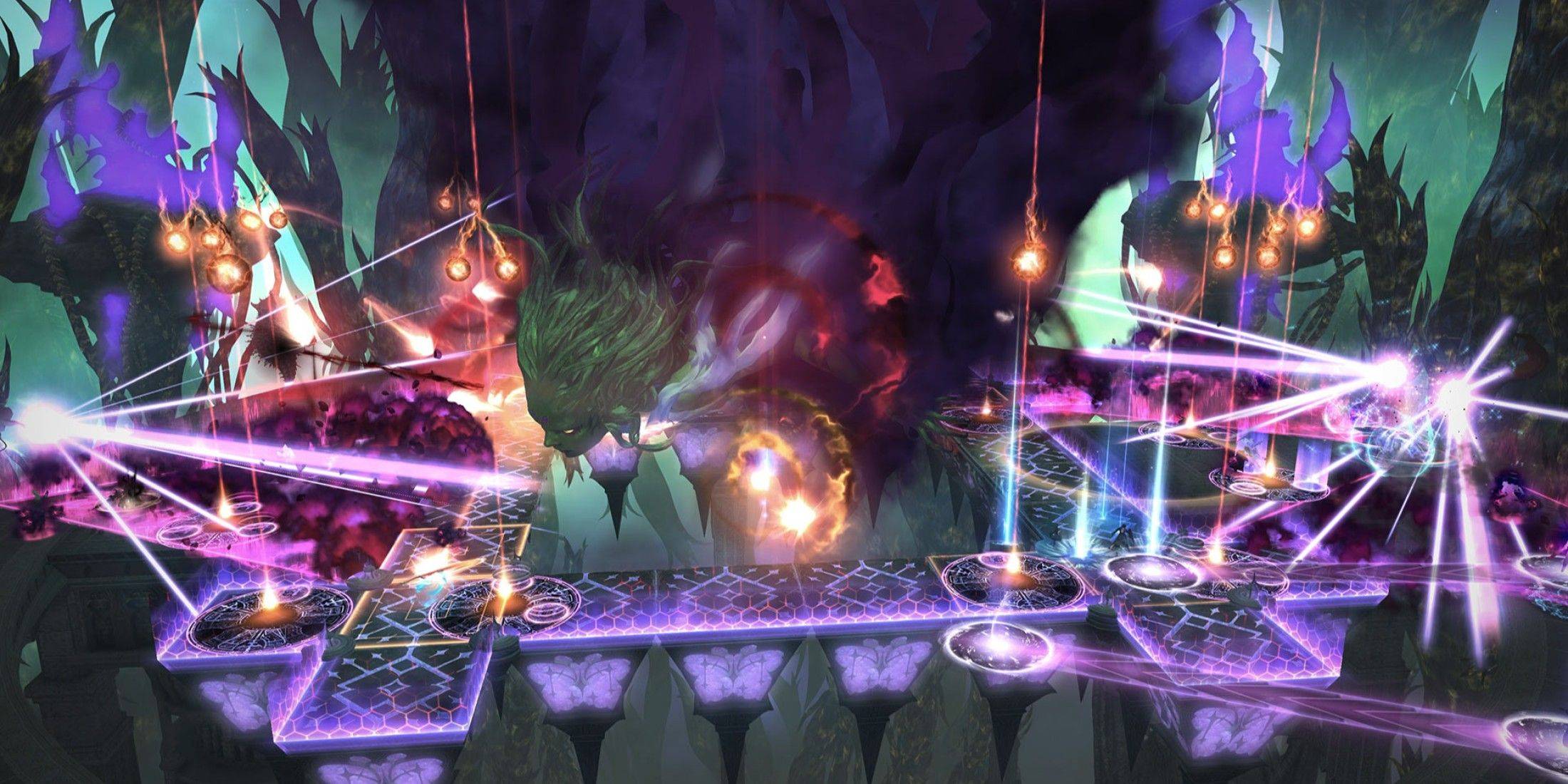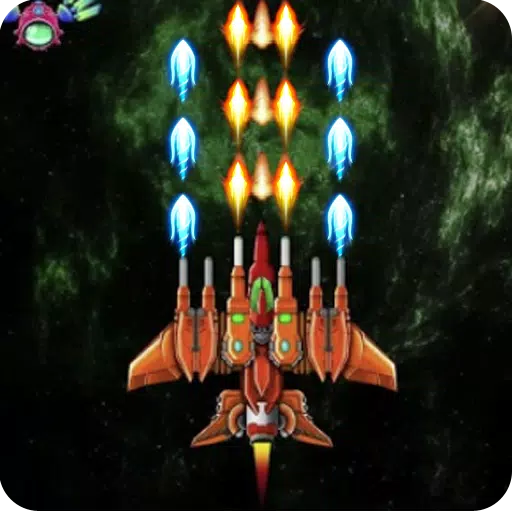Activision, the creator of Call of Duty, has officially acknowledged the use of generative AI in the development of Black Ops 6. This admission comes nearly three months after fans raised concerns about the "AI slop" seen in the Zombie Santa loading screen, known as 'Necroclaus.' The controversy erupted in December, following the Season 1 Reloaded update, when players spotted several indicators of AI use in the game's loading screens, calling cards, and art for Zombies community events.
The focal point of the backlash was the image of Zombie Santa, which some fans claimed depicted the undead figure with six fingers—a common issue with generative AI, which often struggles with accurately rendering hands. This led to a deeper examination of other images in Black Ops 6, with community members like Redditor Shaun_LaDee pointing out irregularities in images from paid bundles that suggested the use of AI.


Amidst the uproar, fans demanded transparency from Activision about the use of AI in art included in paid bundles. In response to new AI disclosure rules on Steam, Activision added a broad statement to Black Ops 6's listing on Valve's platform: "Our team uses generative AI tools to help develop some in-game assets."
In July, Wired reported that Activision had sold an "AI-generated cosmetic" for Call of Duty: Modern Warfare 3 in 2023. This cosmetic, part of the Yokai's Wrath bundle released in December 2023, was sold for 1,500 COD Points, equivalent to about $15, without disclosing its AI origins. This bundle contributes to the hundreds of millions of dollars Activision earns annually from its premium virtual currency.
The report also highlighted that Microsoft, which acquired Activision Blizzard for $69 billion last year, cut 1,900 jobs from its gaming division shortly after the sale of this AI-generated skin. An anonymous Activision artist told Wired that many 2D artists were laid off, and remaining concept artists were compelled to use AI in their work. Employees were reportedly required to undergo AI training, with its use being heavily promoted within the company.
Generative AI remains a contentious topic in the video game and entertainment industries, both of which have experienced significant layoffs. The technology has faced criticism for ethical and rights issues, as well as its inability to consistently produce content that resonates with audiences. An example is Keywords Studios' attempt to create an entirely AI-generated game, which failed, as the company reported to investors that AI could not replace human talent.














